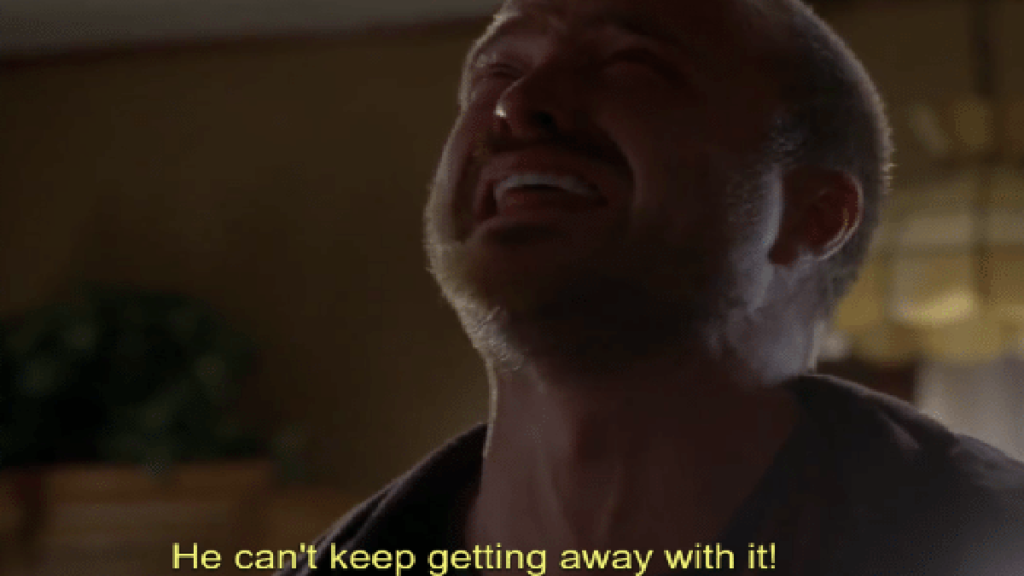
Here I go, finding ways to write about my hyperfixations again…

…do you like World of Warcraft and/or longform video essays about niche topics?
Earlier this year documentarian Dan Olson published a video essay titled Why It’s Rude to Suck at Warcraft. It is a deep dive talking about various social constructs in the context of World of Warcraft and how those constructs impact the direction of play. In the essay Dan primarily focuses on the concept of something called “instrumental play.” While compared to Why It’s Rude this will only be a flyover, it’s really fascinating stuff and set me down the path of the manifesto to follow. I highly recommend checking out the video sometime when you’ve got 90 minutes to spare and want to learn more.
In his 1993 essay, The Fictive and the Imaginary, literary scholar Wolfgang Iser coined the term “instrumental play” to describe play in games that have a particular goal. For example, in a game of Magic, reducing your opponent’s life total to zero and winning the game is your goal – this is a form of instrumental play. On the other side of this spectrum is “free play,” wherein the player finds methods of play that either directly oppose or casually avoid what may be considered the goal. Examples of free play are games like Minecraft and Dungeons and Dragons that provide a “sandbox” environment where the player is dropped into a world with minimal to no direction or objective.
“Instrumental play is a goal-oriented approach that values efficiency, expertise, and optimizing strategies as part of play…in instrumental play the point of playing is not just to reach the end but to find the best way of getting there.”
-Taylor, T.L, Play Between Worlds: Exploring Online Game Culture (MIT Press, 2006).
I want to talk about Commander.
Over the course of time the Commander community in Magic has (for the most part) taken two sides: Competitive and Casual. Competitive Commander, colloquially referred to as CEDH, is where the objectives line up squarely with the goals of a normal game of Magic: “I want to win the game.” Whereas in Casual Commander, which is realistically closer to what I would consider to be traditional Commander, the objective is pretty explicitly: “I want to do something cool.”
“The format can be broken; we believe games are more fun if you don’t.”
-Commander RC, The Philosophy of Commander
The goals of these two communities are different, and in a lot of cases antithetical. Competitive Commander pushes very hard into instrumentality. By treating the Commander format as one where the goal is to win the game, CEDH deckbuilding strives to be more and more efficient, homogenizing around the most powerful cards in Magic’s history. Akin to tournament Magic, a communal concept of what is good and what is bad is created inside the community – the goal is to win, which means that winning must be good.
“Commander is for fun.”
“Commander focuses on a resonant experience. Each game is a journey the players share, relying on a social contract in which each player is considerate of the experiences of everyone involved.”
-Commander RC, The Philosophy of Commander
The purest forms of free play aren’t possible inside games of Casual Commander, given that the goal “have fun with my opponent” instead of “defeat my opponent” is in and of itself instrumental. However, as a form of free play it goes against the objective of a normal game of Magic. The core of the format wants each player to make a deck that shares their own story with their pod, encouraging them to find weird niche cards that suit their theme over cards that are just more powerful or non-interactive. The goal of a traditional game of Commander is to craft a fun, shared experience and thus tends to be in contrast with a game of CEDH – there are powerful cards that don’t let us tell our story, which means playing those cards is bad.
The result? A lot of Commander players think that the other Commander players are doing it wrong. In reality there is more nuance to that, but it brings me ultimately to The Point:
“No Commander player is doing it wrong so stop being a jerk about it on Twitter.”
-Me
As Magic Judges we are ambassadors of the game to varieties of communities, casual and competitive. In that role, part of our responsibility is to nurture a safe, welcoming environment for both these kinds of players and more. By cultivating the idea that there is no “correct” way to play Commander we fight against the idea that there are good or bad Commander players. Instead, we perpetuate the idea that there are just, well… Commander players. We can’t make sure that every Commander pod we launch has a Rule Zero conversation, but we can influence our communities to embrace that ideology.
Let’s make sure everyone who sits down has the same goal.
How do you encourage productive Rule 0 conversations amongst your players? Share your thoughts with us over on the Judge Academy Discord!



